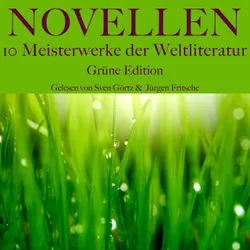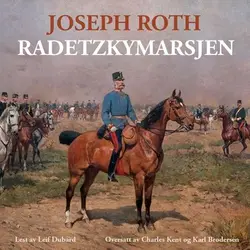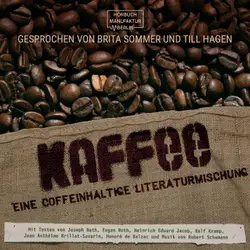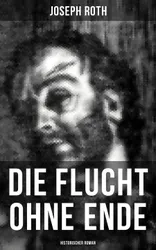While the rest of Joseph Roth's oeuvre has been made available to the English-speaking world in recent years, this new translation by Richard Panchyk - a distant relative of Roth - will redress the historical absence of such a key, neglected work in the Roth canon. Roth penned and published The Antichrist during the first years of his exile from his homeland, and an English translation was published in London, in 1935 by William Heinemann. The Antichrist's singularity amongst Joseph Roth's work stems both from the urgency that courses through its prose and the book's hybrid form, which seems simultaneously to straddle the novel, journalism and memoir. Though Roth himself referred proudly to this book as a novel, it is not easy to classify. In fact, at first glance one may be inclined to call it a series of interconnected essays, but it becomes clear that Antichrist is certainly more novel than essay. The Antichrist has less to do with religion than with what Roth sees as the disintegrating moral fabric of the modern world. The book centres around Roth's fictional counterpart, J.R., who is a journalist hired by a proto-media mogul called the Master of a Thousand Tongues to report on the myriad emanations of the Antichrist throughout the world. This loose narrative structure allows Roth to tilt his irony-tipped lance at the various evils he believes are driving civilization beyond the point of no return. The Master of a Thousand Tongues sends J.R. to report from the "Red Earth" (a thinly veiled Soviet Union) where "sweepers" have brushed aside not only poverty but also religion and righteousness. He exposes a propaganda machine bent toward an industrial, dehumanizing modernity. Next he is dispatched to the ("land of shadows") Hollywood, a cinematic factory cranking out very different but no less threatening illusions. He is sent to coal mines, summits between world leaders, gatherings of religious leaders, and most chillingly he is instructed to "visit the Jews". As the Jews had no homeland, he was forced to visit a ghetto where the Jews, who as "the earthly womb" of Christ live in a threatening and inextricable bond with the Antichrist. The Antichrist bares Roth's pessimism and devastating prescience, not only for the impending horrors of the gulags and concentration camps, but for the still extending networks of control that were ushered in during Roth's lifetime by the pioneers of mass media - in fact, in The Antichrist Roth even predicts, among other things, the advent of paparazzi. This book is a vital addition to the Roth canon in English, and an historical critique- cum-allegory worthy of Roth's peer Walter Benjamin.
The Antichrist
Kom i gang med denne boken i dag for 0 kr
- Få full tilgang til alle bøkene i appen i prøveperioden
- Ingen forpliktelser, si opp når du vil
Forfatter:
Språk:
engelsk
Format:

Novellen: Zehn Meisterwerke der Weltliteratur : Grüne Edition

Radetzkymarsjen

Die Legende vom heiligen Trinker (Ungekürzt)

Kaffee - Eine coffeinhaltige Literaturmischung (ungekürzt)

Das Spinnennetz

Perlefter : Die Geschichte eines Bürgers

Gesammelte Erzählungen : Der Leviathan + Die Legende vom heiligen Trinker + Ein Kapitel Revolution + Triumph der Schönheit + Kranke Menschheit und viel mehr

Das Spinnennetz (Spionage-Thriller)

Das Spinnennetz (Spy-Krimi) : Bereicherte Ausgabe.

Die Geschichte einer Liebe und andere Erzählungen : Bereicherte Ausgabe. Die Legende vom heiligen Trinker + Stationschef Fallmerayer + Der stumme Prophet + Ein Kapitel Revolution + Der Leviathan

Das Spinnennetz: Spionage-Thriller : Bereicherte Ausgabe.

Die Flucht ohne Ende (Historischer Roman) : Bereicherte Ausgabe. Ausbruch aus russischer Kriegsgefangenschaft
